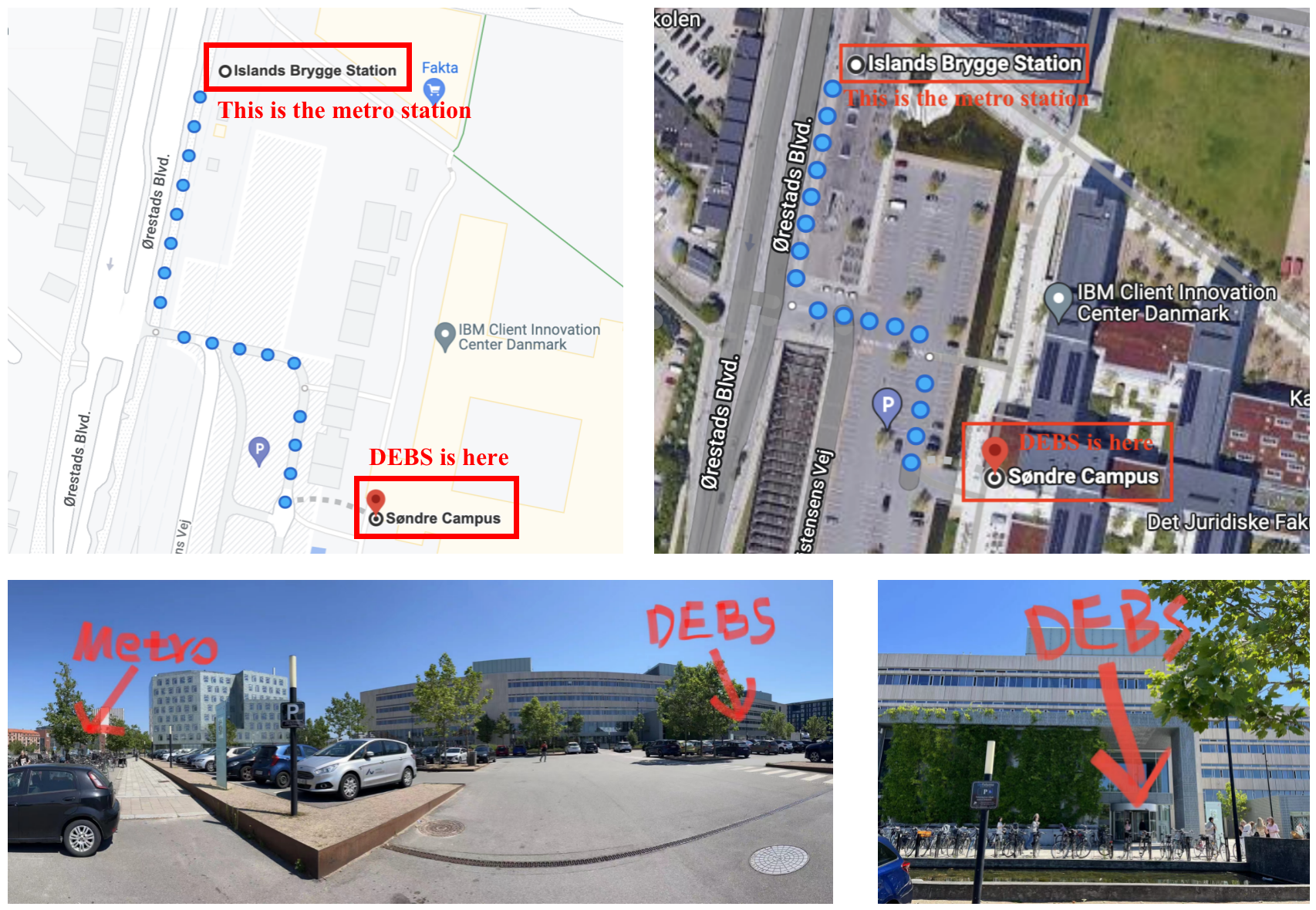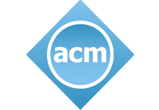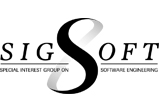CLICK HERE TO ACCESS THE VGATE ONLINE PLATFORM
Hybrid conference
We are looking forward to welcoming many people coming to Copenhagen to experience the advantage of in-person conference participation. However, for those unable to travel, DEBS 2022 will have a hybrid nature. Remote participation will be possible for authors and audience in technical sessions, and there will also be support for online networking and conversation.
Venue Information
The 2022 DEBS Conference will be held in the South Campus of University of Copenhagen, which is located near the Islands Brygge metro station on Amager.
Address: Auditorium: 4A.0.69, Building 4A, Njalsgade 76, 2300 Kbh S

Objective
Over the past decade, the ACM International Conference on Distributed and Event‐Based Systems (DEBS) has become the premier venue for academia and industry to discuss cutting-edge research of event-based computing related to Big Data, AI/ML, IoT, and Distributed Systems. The objectives of the 2022 ACM International Conference on Distributed and Event‐Based Systems (DEBS 2022) are to provide a forum dedicated to the dissemination of original research, the discussion of practical insights, and the reporting of experiences relevant to distributed systems and event‐based computing. The DEBS 2022 research track will highlight two focus areas connected to crucial challenges of our times: climate change and sustainability, and the COVID-19 pandemic.
Scope
The DEBS conference covers topics in distributed and event-based computing. The scope of the conference includes systems dealing with collecting, detecting, processing, and responding to events through distributed middleware and applications. Examples of application domains covered by the conference include the Internet of Things, sensor networks, cyber-physical systems, social networking, finance, transportation, healthcare and logistics, computer and network security. Technologies discussed include complex event recognition and forecasting, real-time analytics, reliability and resilience, distributed ledger and blockchains, energy management and green computing, data stream reasoning and modeling, big/fast data analysis, event processing for Artificial Intelligence and vice versa, security and encryption in stream processing, embedded systems, and cloud, peer-to-peer, ubiquitous and mobile computing. Topics relevant to enterprise-level computing include enterprise application integration, real-time enterprises, Web services, and support for enterprises to respond in a timely fashion to changing situations. The covered topics include, but are not limited to:
Models, architectures and paradigms: Complex event processing, event-driven architectures, trustworthy event-based systems, real-time analytics, intelligent event processing, event processing in big and fast data, data stream processing, security and encryption in stream processing, complex event forecasting, in-network processing, logic-based complex event recognition, online relational learning, distributed event pattern learning, event correlation, and pattern languages.
Systems and software: Distributed data processing, distributed programming, federated event-based systems, AI/ML for event processing, information-centric networking, software-defined networking, security, reliability and resilience, distributed ledger and blockchains, programmable hardware, energy management, and green computing as well as cloud, fog, ubiquitous and mobile computing.
Applications: Use cases, requirements, and applications of distributed and event-based systems in various domains including Internet-of-Things, life sciences, moving object applications, smart cities, cyber-physical systems, sensor networks, social networking, multimedia analytics, finance, healthcare and logistics, computer and network security, smart contracts, and blockchains. Also, relevant topics span enterprise-level computing, including enterprise application integration, real-time enterprises, event-based business process management, and support for enterprises to respond in a timely fashion to changing situations.
Diversity and Inclusion
The DEBS community joins an integrated effort to promote diversity and inclusion in all aspects of our professional activities. DEBS 2022 participates in this effort alongside EDBT/ICDT, MDM, SIGMOD, VLDB, SoCC, and ICDE, to celebrate the diversity in our community and welcome everyone regardless of age, sex, gender identity, race, ethnicity, socioeconomic background, country of origin, religion, sexual orientation, physical ability, education, work experience, etc. It also welcomes people and opinions of all political persuasions, as long as they abide by the ACM policy against hate speech and harassment.
For more information visit the dedicated website: https://dbdni.github.io.
All submissions are encouraged to be prepared with D&I in mind following the suggestions in submission guidelines. If you have any comments, questions, suggestions, or complaints, please email the DEBS Diversity and Inclusion Chairs: Panos Chrysanthis (panos@cs.pitt.edu) and Vana Kalogeraki (vana@aueb.gr)
General Chair
Important Dates
| Events | Dates (AoE) |
|---|---|
| Abstract Submission for Research Track | |
| Submission Dates | |
| Research Paper Submission | |
| Industry and Application Paper Submission | |
| Tutorial Proposal Submission | |
| Grand Challenge Solution Submission | |
| Doctoral Symposium Submission | |
| Poster and Demo Paper Submission | |
| Notification Dates | |
| Author Notification Research Track | |
| Author Notification Industry and Application Track | |
| Author Notification Tutorials | |
| Author Notification Grand Challenge | |
| Author Notification Doctoral Symposium | |
| Author Notification Poster & Demo | |
| Conference | |
| Camera Ready for All Tracks | |
| Conference | 27th June – 30th June 2022 |






